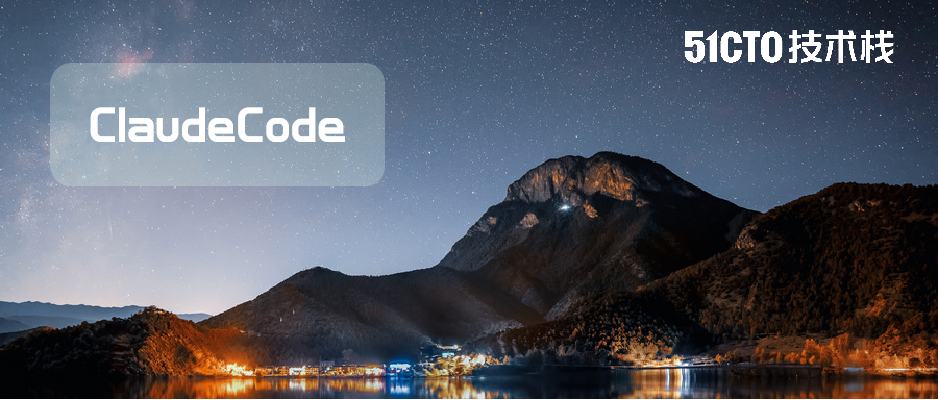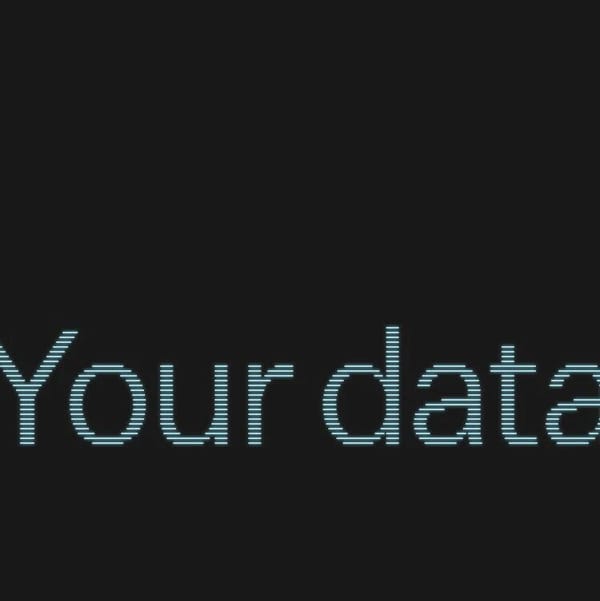# Listening to the Rain — Claude Code's AI-First Journey
**2025-10-13 12:55 Beijing**
---
## Introduction
Claude Code began as a small command-line tool for listening to music.
Today, it has **become a storm in the developer community**.



**Launch Impact:** Since its official release in May, Claude Code’s annualized revenue has surpassed **$500 million**, and usage soared more than **tenfold in just three months**.
---
## Meet the Founding Team
From an interview by Gergely Orosz — three pioneering members of Claude Code shared their story:
- **Boris Cherny** — First engineer, designed the initial prototype
- **Sid Bidasaria** — Second engineer, created the "subagents" feature
- **Cat Wu** — First product manager
They offer rare insights into **building an AI-first engineering team**.
---
## Key Topics Covered
1. The origins of Claude Code
2. Tech stack & minimal architecture
3. Shipping features in days
4. Terminal UX evolution
5. The “AI-first” engineering team model
6. Building the subagents feature
7. The future of AI-assisted engineering
---

## Origins: From Music Tool to AI-Powered Developer Assistant
Originally, Boris wanted a CLI tool powered by Claude to show what song a developer was listening to and control playback.
The first version could only do:
- Basic Q&A
- Control music playback
Then came the breakthrough — adding **read/write file access** and **shell/batch command execution**. This allowed:
- Exploring project file structure
- Reading imported modules
- Navigating subfolders
- Locating dependent code
Internal testing started November 2024 — adoption jumped from 20% to 50% of engineers within 5 days.
The release went public to benefit more users and learn about model capability & safety.
User groups expanded beyond developers to include **data scientists** and **analysts**.
---
### Productivity Impact
At Anthropic, team size growth usually decreases per-person PRs.
But with Claude Code, **PRs per person grew by 67%** — a direct boost to productivity.
---
## Tech Stack & Architecture
### Tech Stack
Claude Code was built with:
- **TypeScript**
- **React** + **Ink** (React for CLI UIs)
- **Yoga** (terminal layout engine)
- **Bun** (bundler/build tool)
**Why**: The model knows these tools well, so Claude Code could largely be **written by itself**.
> *“90% of Claude Code is written by Claude Code itself.” — Boris Cherny*
---
### Minimal Shell Philosophy
The client is intentionally light:
- Defines UI for the model to control
- Exposes tools (read, write, execute)
- Avoids adding constraints
As the model improves, some code is **deleted** — letting Claude take over.
---
### Local-First Architecture
Claude Code runs **locally**, without VMs or cloud execution.
Pros: simplicity & speed
Cons: higher risk — managed via permission prompts.
---
### Permission Model
Before sensitive actions, prompts offer:
- **Allow once**
- **Allow always** (project/global)
- **Deny**
Static analysis in `settings.json` avoids repeat prompts.

---
## Shipping Features in Days
Speed stats:
- **60–100 internal builds/day**
- **Daily external releases**
- ~5 PRs per engineer/day
Rapid prototyping (10+ versions in 2 days) — example: **Todo List UX**
1. Show todos under CLI
2. Integrate into current line
3. Expandable "pill" cards
4. Final: spinner + Ctrl+T toggle
---
## Terminal UX Upgrade
Claude Code turns the terminal into an **interactive collaborator**.
Features:
- **Todo tracking** with collapsible details
- **Hooks** for custom shell commands
- Multiple output styles (“explanation”, “learning”)
- Deep integrations (CI/CD, GitHub/GitLab, MCP)

---
## AI-First Engineering Team Model
Principles:
- AI-assisted code review/testing
- Test-driven development + automation
- Automated incident management
- Feature flags for risk control
Not all companies can replicate this — depends on **model strength, culture, and infrastructure**.

---
## Subagents: Built in 3 Days
“Agent-of-agents” feature — assign a model subagent to specific tasks.
Rapid cycle: **Prototype → Fail → Redo → Validate**

---
## Future Outlook
Trends emerging from Claude Code:
- Engineers shift toward **supervision & orchestration**
- Rapid iteration as the norm
- UX, permissions, security central to design
- AI-first mode difficult to copy without readiness in culture/model/runtime
Claude Code is both a **bold product** and an experiment in **human + AI collaboration**.

---
## Related Insights
### Notion's Seismic Redesign
- Shift from single-thread workflow orchestration to **parallel, modular architecture**
- Goals: faster delivery, hallucination isolation, rigorous internal testing
---
### Agile Limitations in AI Age
- Veteran developers call for focus on **framework design** over speed
- AI will be “the next generation coder” — code will be more **machine-orchestrated** than human-written

---
## Broader Context: AI in Architecture & Creator Ecosystems
Platforms like **[AiToEarn](https://aitoearn.ai/)** show similar principles to Claude Code — integrate generation, publishing, analytics, and **model ranking** ([AI模型排名](https://rank.aitoearn.ai)) for creators.
They enable **multi-platform content publishing** (Douyin, YouTube, Instagram, LinkedIn, and more) — echoing flexible, scalable architecture principles.
---
**Links:**
[Read Original](2655929463)
[Open in WeChat](https://wechat2rss.bestblogs.dev/link-proxy/?k=95b1e469&r=1&u=https%3A%2F%2Fmp.weixin.qq.com%2Fs%3F__biz%3DMjM5ODI5Njc2MA%3D%3D%26mid%3D2655929463%26idx%3D1%26sn%3Dc73ab8b0d732346d94207f8fb146634e)




